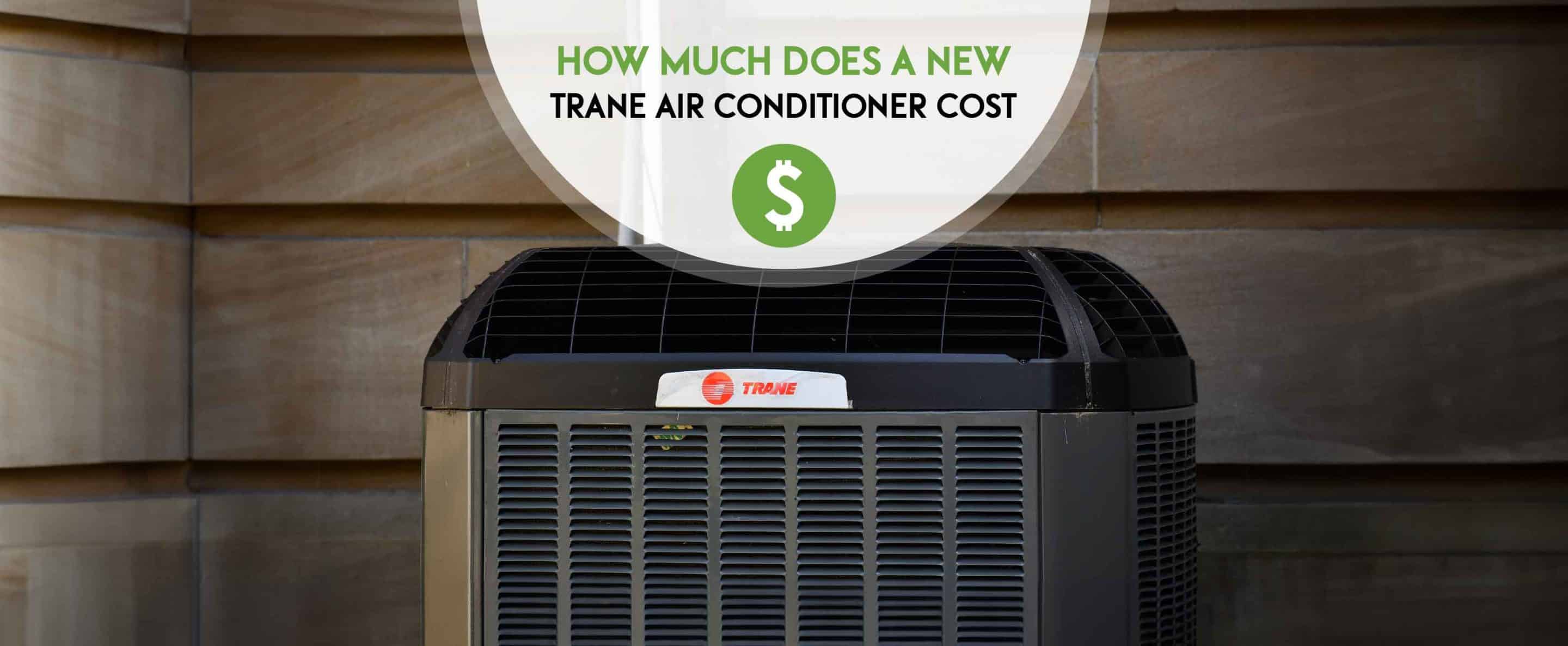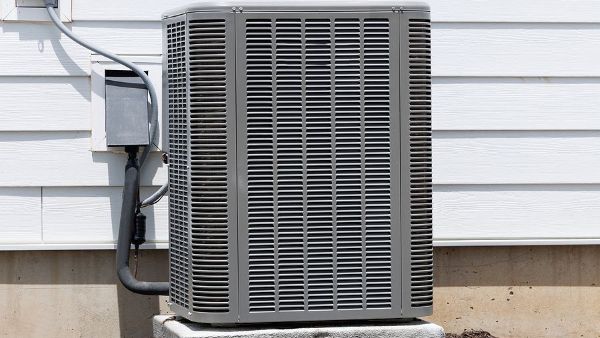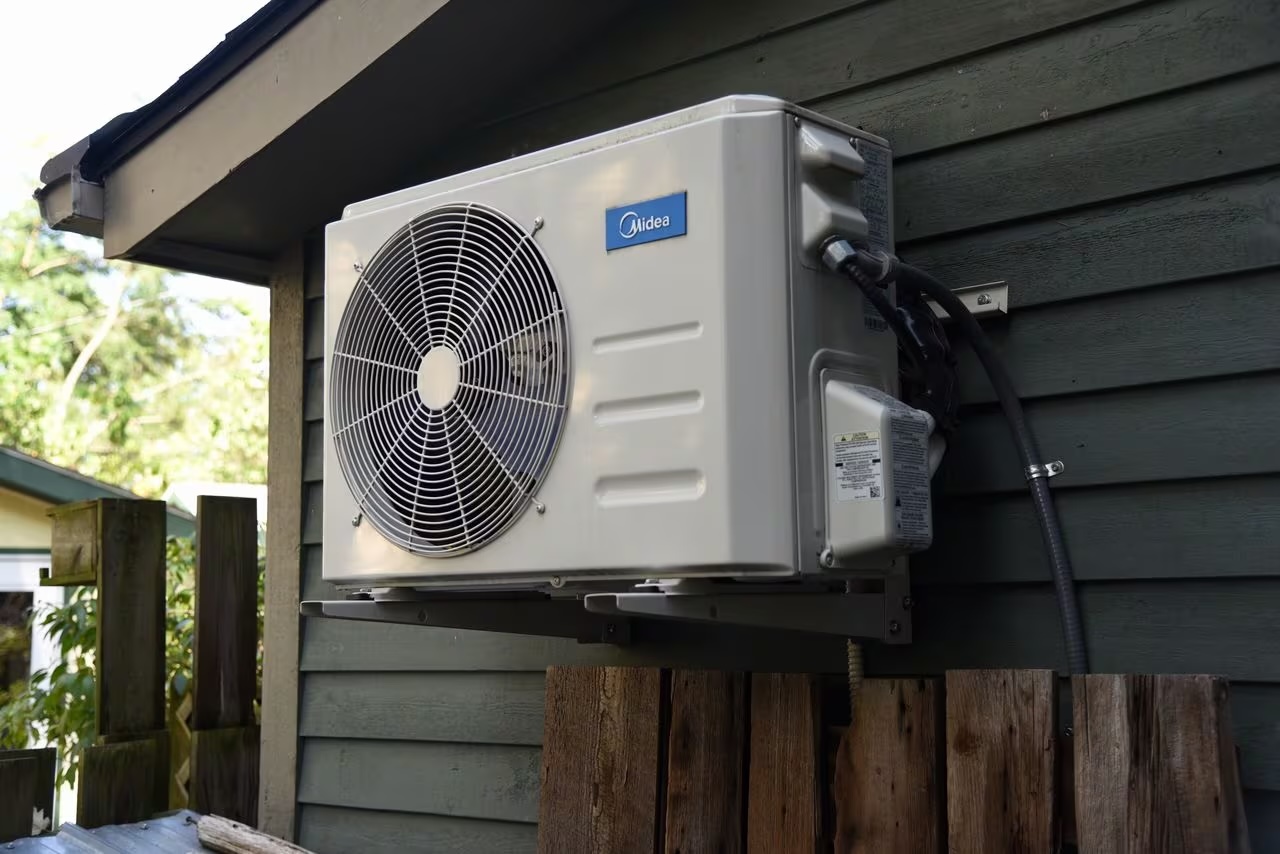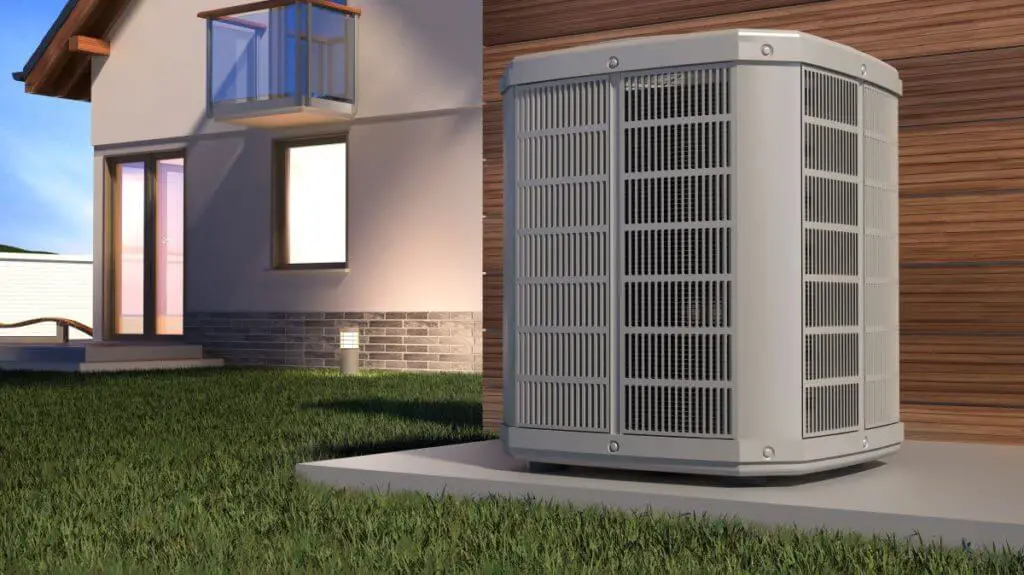How Much Does A New Air Conditioner Cost
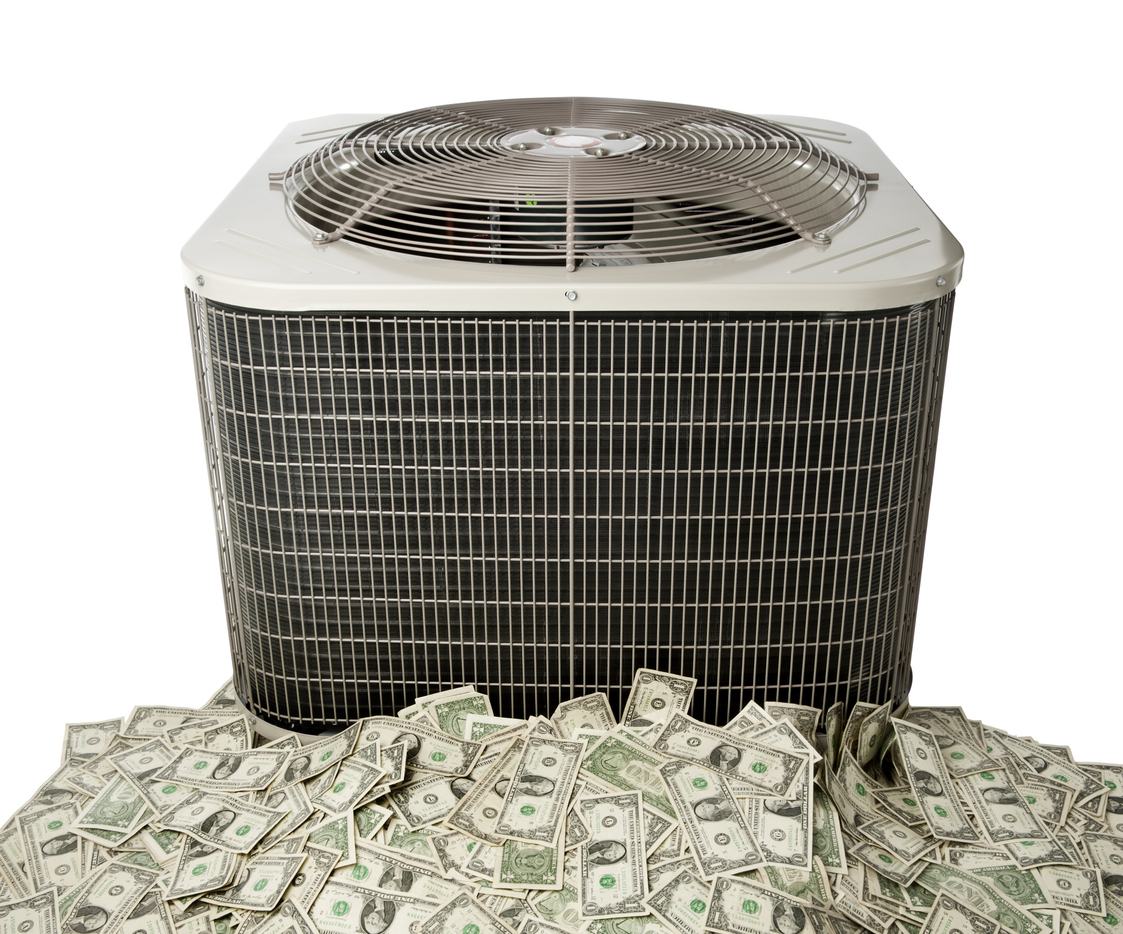
Replacing an air conditioner is a significant investment for any homeowner. Understanding the factors influencing the cost can help you budget effectively and make the best choice for your needs. This guide will break down the costs associated with buying and installing a new AC system.
Factors Influencing the Cost of a New Air Conditioner
Several elements contribute to the final price of a new AC unit. These include the type of system, its size, energy efficiency, brand, installation complexity, and location.
1. Type of Air Conditioner
The type of AC system you choose will significantly impact the cost.
- Central Air Conditioners: These are the most common type for homes with ductwork. They cool the entire house using a network of ducts and vents. Expect to pay between $3,000 and $7,000 for the unit alone, plus installation.
- Ductless Mini-Split Systems: Ideal for homes without existing ductwork or for cooling specific areas. A single outdoor unit can connect to multiple indoor units. These systems range from $2,000 to $8,000, depending on the number of indoor units and their capacity.
- Window Air Conditioners: The least expensive option, suitable for cooling a single room. They typically cost between $100 and $500.
- Portable Air Conditioners: These units can be moved from room to room and vent through a window. They are slightly more expensive than window units, ranging from $300 to $800.
- Geothermal Heat Pumps: These highly efficient systems use the earth's constant temperature to heat and cool your home. They are the most expensive option upfront, costing $15,000 to $30,000 installed, but offer significant long-term energy savings.
2. Size (BTU)
The size of your AC unit is measured in British Thermal Units (BTU). A BTU represents the amount of heat an AC unit can remove from a room in one hour. Choosing the right size is crucial. An undersized unit won't adequately cool your home, while an oversized unit can lead to short cycling (turning on and off frequently), which wastes energy and can damage the system.
To determine the appropriate BTU for your home, consider factors like square footage, climate, insulation, window size and orientation, and the number of occupants. Consult with an HVAC professional to perform a load calculation for accurate sizing.
Here's a general guideline, but remember a professional assessment is always best:
- 100-300 sq ft: 5,000 - 6,000 BTU
- 300-500 sq ft: 7,000 - 10,000 BTU
- 500-700 sq ft: 10,000 - 14,000 BTU
- 700-1,000 sq ft: 14,000 - 18,000 BTU
- 1,000-1,200 sq ft: 18,000 - 21,000 BTU
- 1,200-1,400 sq ft: 21,000 - 24,000 BTU
- 1,500-2,000 sq ft: 24,000 - 30,000 BTU
- 2,000-2,500 sq ft: 30,000 - 36,000 BTU
As a general guide, expect to pay $300 to $800 more for each increase of 6,000 BTU.
3. Energy Efficiency (SEER Rating)
SEER stands for Seasonal Energy Efficiency Ratio. It measures the cooling efficiency of an AC unit over an entire cooling season. The higher the SEER rating, the more efficient the unit, and the lower your energy bills will be. The minimum SEER rating currently mandated by the U.S. Department of Energy is 14 in most regions.
Higher SEER ratings mean higher upfront costs. For example, a 16 SEER unit might cost $500-$1,000 more than a 14 SEER unit. However, the long-term energy savings can often offset this initial investment.
Consider your climate when choosing a SEER rating. If you live in a hot climate with a long cooling season, investing in a higher SEER unit will likely be worthwhile.
4. Brand
Certain AC brands are known for their reliability, efficiency, and advanced features. Popular brands include Carrier, Trane, Lennox, Rheem, and Goodman. While premium brands often come with a higher price tag, they may offer better performance, longer lifespans, and superior warranties.
Do your research and read reviews to compare brands and find one that fits your budget and needs.
5. Installation Complexity
Installation costs can vary depending on the complexity of the job. Factors that can increase installation costs include:
- Ductwork Modifications: If your existing ductwork needs repairs or modifications, this will add to the overall cost.
- Accessibility: If the installation location is difficult to access (e.g., a tight attic or crawl space), it will take longer and cost more.
- Electrical Work: If your electrical panel needs upgrades to accommodate the new AC unit, this will incur additional expenses.
- Removal of Old Unit: The cost of removing and disposing of your old AC unit is typically included in the installation fee, but it's important to confirm this with your installer.
Always get multiple quotes from licensed and experienced HVAC contractors to compare pricing and ensure a proper installation. A poorly installed AC unit can lead to reduced efficiency, increased energy bills, and premature breakdowns.
6. Location
Location plays a role in AC costs due to regional differences in labor rates, material costs, and climate conditions. Areas with higher costs of living typically have higher installation fees.
7. Refrigerant Type
The type of refrigerant used in your AC also impacts the cost. Older systems used R-22 refrigerant, which is being phased out due to its environmental impact. Modern AC units use R-410A, which is more environmentally friendly. If you're replacing an old R-22 system, you'll need to purchase a new unit that uses R-410A, as R-22 is becoming increasingly expensive and difficult to obtain.
Breaking Down the Costs: Unit vs. Installation
It's important to understand that the total cost of a new AC system includes both the cost of the unit itself and the cost of installation. Here's a general breakdown:
- Unit Cost: This covers the price of the AC unit, including the outdoor condenser and the indoor evaporator coil (for central AC systems).
- Installation Cost: This covers the labor, materials, and equipment required to install the new AC unit. It typically includes removing the old unit, connecting the new unit to the ductwork and electrical system, charging the refrigerant, and testing the system.
Installation costs can range from $500 to $2,000 or more, depending on the complexity of the job.
Additional Costs to Consider
Beyond the unit and installation costs, there are other potential expenses to keep in mind:
- Permits: Many municipalities require permits for AC installations. Your HVAC contractor should be able to obtain the necessary permits, but the cost may be passed on to you.
- Duct Cleaning: If you're replacing an old AC system, it's a good idea to have your ductwork cleaned to remove dust, debris, and allergens. This can improve air quality and system efficiency.
- Smart Thermostat: A smart thermostat can help you save energy by automatically adjusting the temperature based on your schedule and preferences.
- Extended Warranty: Consider purchasing an extended warranty to protect yourself against unexpected repairs.
Ways to Save Money on a New Air Conditioner
While a new AC system is a significant investment, there are ways to reduce the overall cost:
- Get Multiple Quotes: Obtain quotes from at least three different HVAC contractors to compare pricing and services.
- Consider Off-Season Installation: HVAC contractors are often less busy during the off-season (fall and spring), which may result in lower installation rates.
- Look for Rebates and Incentives: Many utility companies and government agencies offer rebates and incentives for installing energy-efficient AC systems. Check with your local utility company and the ENERGY STAR website for available programs.
- Negotiate: Don't be afraid to negotiate with HVAC contractors to see if they can offer a better price or financing options.
- Choose the Right Size: As mentioned earlier, an oversized AC unit can waste energy and money. Ensure that your HVAC contractor performs a load calculation to determine the appropriate size for your home.
When to Replace vs. Repair
Deciding whether to repair or replace your old AC unit can be a tough decision. Consider the following factors:
- Age of the Unit: If your AC unit is more than 10-15 years old, it may be nearing the end of its lifespan.
- Frequency of Repairs: If you're constantly having to repair your AC unit, it may be more cost-effective to replace it.
- Energy Efficiency: Older AC units are typically less energy-efficient than newer models. Replacing your old unit with a more efficient model can save you money on your energy bills.
- Cost of Repairs: If the cost of repairs is more than 50% of the cost of a new unit, it may be time to replace it.
As a rule of thumb, if your AC is old, and repairs are becoming frequent and costly, it's likely time to replace it. Newer, more efficient models will save you money in the long run.
Conclusion
The cost of a new air conditioner can vary widely depending on several factors. By understanding these factors and doing your research, you can make an informed decision and choose the best AC system for your home and budget. Remember to get multiple quotes, consider energy efficiency, and work with a licensed and experienced HVAC contractor to ensure a proper installation. Don't forget about rebates and tax credits to offset the final cost. A new AC system is an investment in your comfort and the long-term value of your home.


